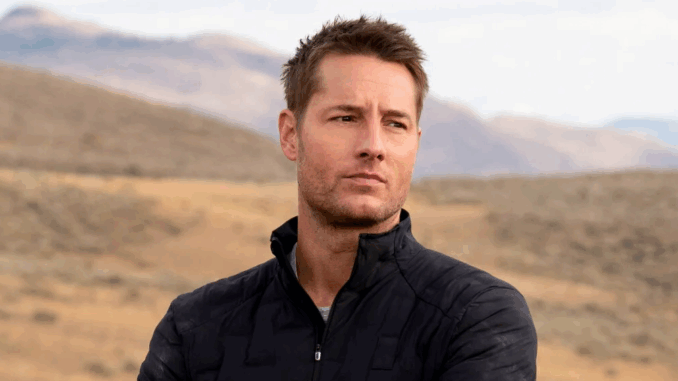
A Show Rooted in Reality
While Tracker dazzles with its suspense and action-packed storytelling, what sets it apart is how much of it is inspired by real-world philosophies and psychological truths. Unlike most crime dramas, the world Colter Shaw inhabits isn’t just fiction—it reflects a deeper, more realistic lens on how trauma, logic, and human instincts drive people.
The original novels by Jeffery Deaver laid the foundation, but the television adaptation has taken it further by weaving true-to-life inspirations into its weekly cases.
Colter Shaw: Modeled on Real Survivalists and Detectives
Colter Shaw isn’t your typical hero. He’s part tracker, part philosopher, part loner—driven by a deep inner compass shaped by trauma and survival. According to creators of the show, Shaw’s character draws from multiple real-life figures:
-
Survivalists who live off-grid and study tracking in wilderness settings.
-
Private detectives who use behavioral profiling to locate missing persons.
-
Military veterans with PTSD, whose routines mirror Shaw’s intense preparedness and emotional distance.
The show doesn’t shy away from showing how Shaw’s unique skill set is the product of hardship, not just heroism.

The Cases Reflect Headlines and Hidden Truths
Several episodes in Season 1 and 2 were reportedly inspired by real missing persons cases and lesser-known criminal patterns. From cult psychology to familial abuse, Tracker has tackled sensitive topics that mirror real crises. For instance:
-
One case about a missing woman in a religious commune mirrored a 2018 story about a hidden sect in Utah.
-
Another episode involving a manipulative tech CEO subtly referenced real-world tech scandals involving surveillance and coercion.
These inspirations make the show resonate more deeply with viewers who recognize the parallels with real news.
Emotional Accuracy Over Action Tropes
Unlike many procedurals, Tracker leans into emotional realism. Shaw doesn’t solve every case with brute force or a sudden breakthrough. Sometimes, he fails. Sometimes, the victim doesn’t want to be saved. This mirrors real-life tracking and rescue missions, where outcomes aren’t always neat or heroic.
The show’s writers have consulted trauma psychologists, law enforcement veterans, and survivors to portray nuanced emotional responses in each case. The result: a series that respects the complexity of human experience rather than simplifying it into good vs. evil.
Filming in Real Locations Adds to the Grit
Another realistic touch? The show is known for shooting in natural, rugged locations across North America rather than relying on soundstage trickery. Mountains, forests, small towns—it’s all filmed on-site to keep the atmosphere grounded and immersive. This choice not only adds cinematic beauty but also emphasizes the raw reality of Colter Shaw’s world.
Why This Matters as Season 3 Approaches
In a landscape filled with glossy thrillers, Tracker stands out by grounding itself in real emotion, real danger, and real questions. As Season 3 nears, the writers have hinted at even more real-world-inspired cases, including missing children, community conspiracies, and ethical dilemmas around AI and surveillance.
Fans can expect the show to continue blurring the line between fiction and reality—making us question what’s “just TV” and what might actually be happening in the world around us.
